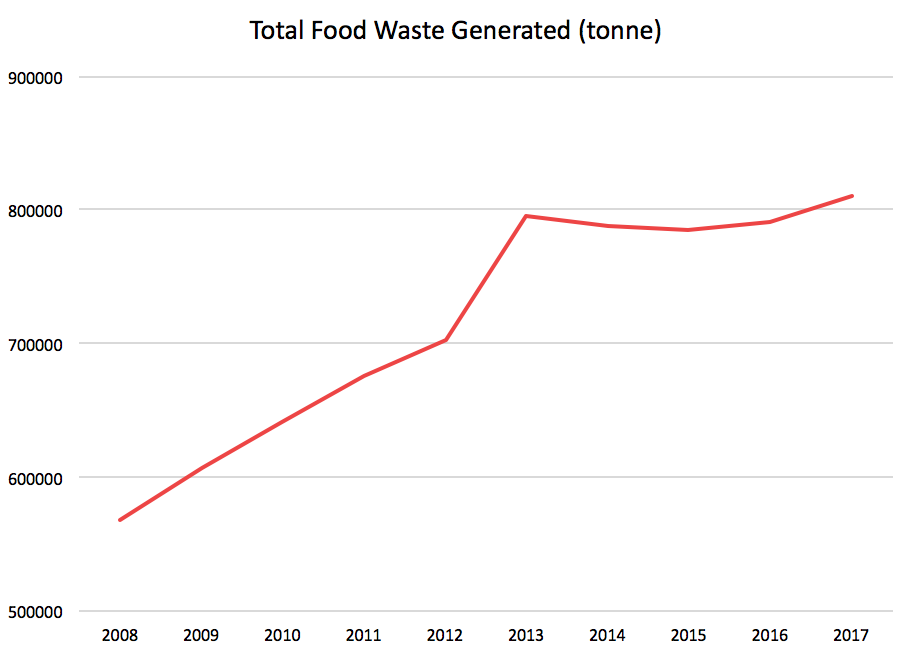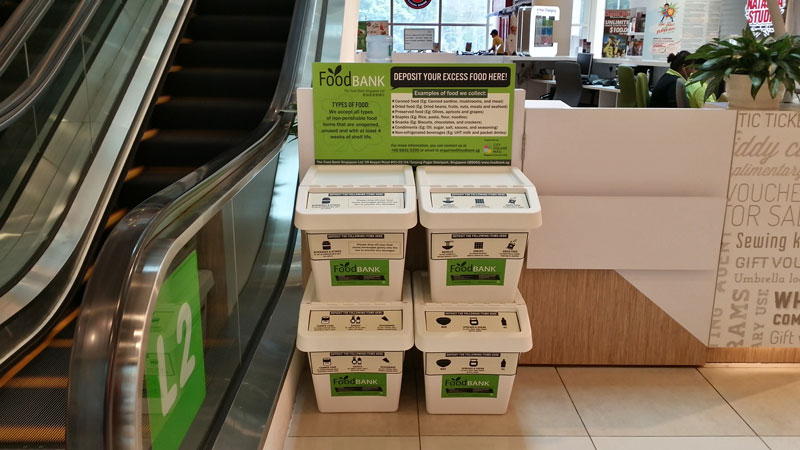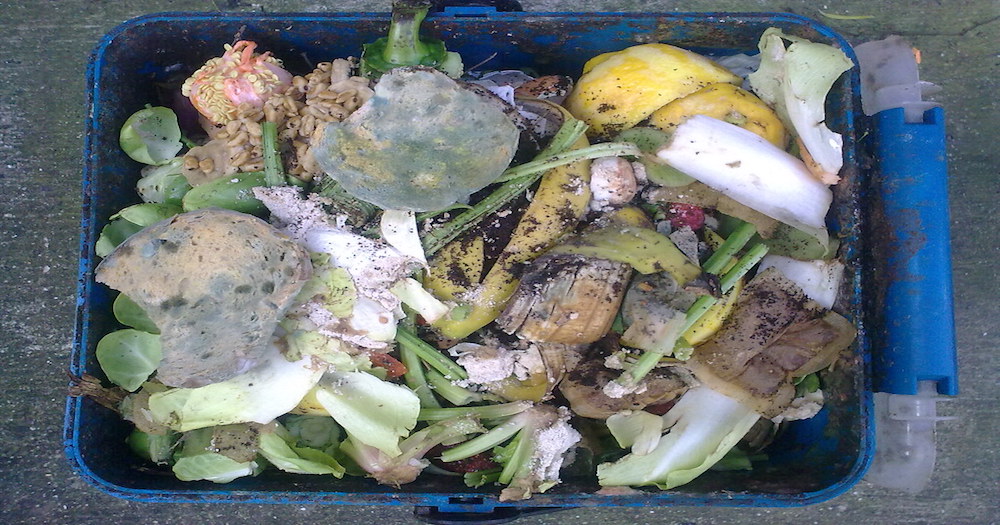Singaporeans have been adjusting their lifestyle in response to climate change.
One popular way is to do away with plastics, especially single-use plastic like straws and packaging.
However, giving up on plastics might not be as significant as compared to reducing food waste.
Food waste contributes to climate change
According to research by Zero Waste Scotland, food waste is a significant driver behind climate change.
The chief executive, Iain Gulland, explains that when food rots, they produce methane.
Methane is a potent greenhouse gas that traps heat 30 times more potently than carbon dioxide.
"It might seem bizarre but scraping that leftover lasagne, mince or salad from your plate into the bin is seriously damaging the planet, because when those scraps of pasta and lettuce which you never got around to eating end up in landfill, they rot."
"As they break down, they emit methane, which is many times more harmful in the short-term to our climate than carbon dioxide (CO2)."
This finding also applies to the United States.
Reducing food waste in the U.S. is one of the best solutions in fighting climate change.
An interactive quiz on a CNN article shows throwing away less food is equivalent to reducing the carbon emission of 495 million cars.
Increasing food waste in S'pore
Food waste problem has worsened in Singapore over recent years.
 Data from NEA website.
Data from NEA website.
More than 809,800 tonnes of food waste was generated in 2017, according to the latest statistic published by National Environment Agency. Of which, 676,800 tonnes of food was thrown away.
In 2018, about 763,000 tonnes of food waste was generated and this makes up about ten percent of the total waste generated.
However, the recycling rate of food waste remains low at only 17 percent in 2018, a five percent rise from 2008.
Solutions to tackle food waste in S'pore
Along with persuading Singaporeans to reduce food waste, NEA also encourages people to donate non-perishables before they expire.
You can drop the excess food into these Food Bank boxes at various public places.
 Photo from Food Bank Singapore.
Photo from Food Bank Singapore.
Food waste treatment systems have been piloted at some hawker centres such as Block 628 Ang Mo Kio Avenue 4 Market and Food Centre and you can create your own food composting bin too.
For food waste that is not recycled or treated, they will be processed at the waste-to-energy (WTE) plants where the food waste is incinerated and the heat produced is used to drive a generator to produce electricity eventually.
Having said that, it is still important for individuals to avoid food waste.
Save money and save the earth too.
Top photo by Nick Saltmarsh via Flickr
If you like what you read, follow us on Facebook, Instagram, Twitter and Telegram to get the latest updates.
